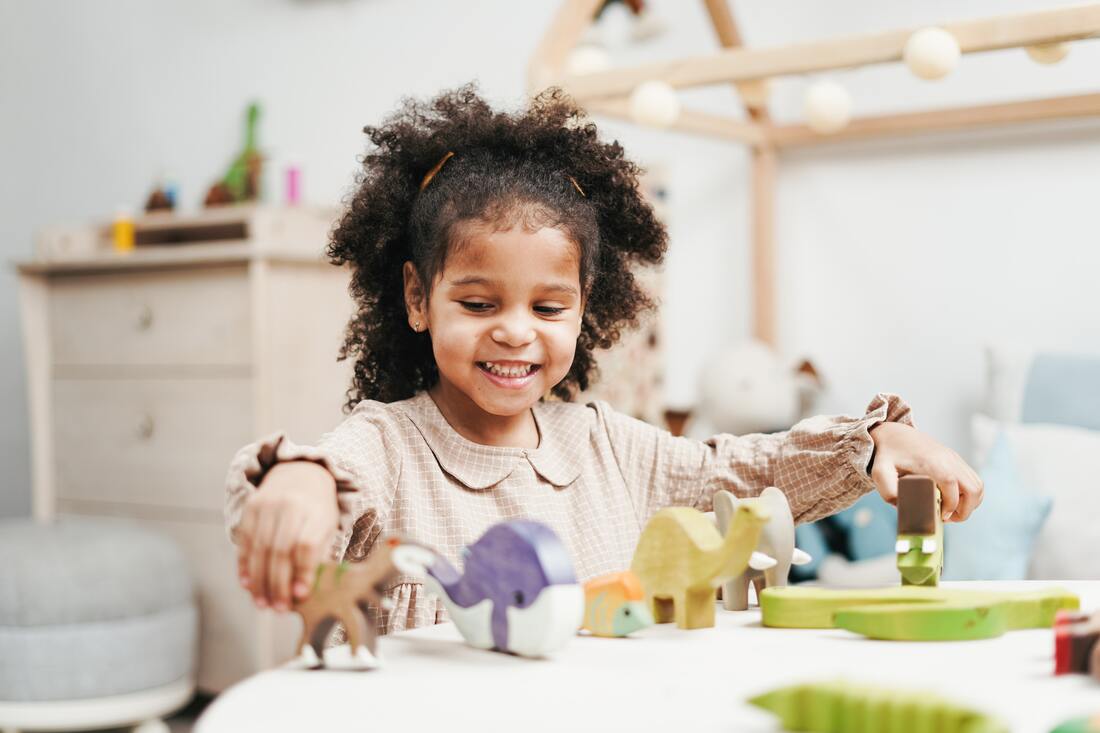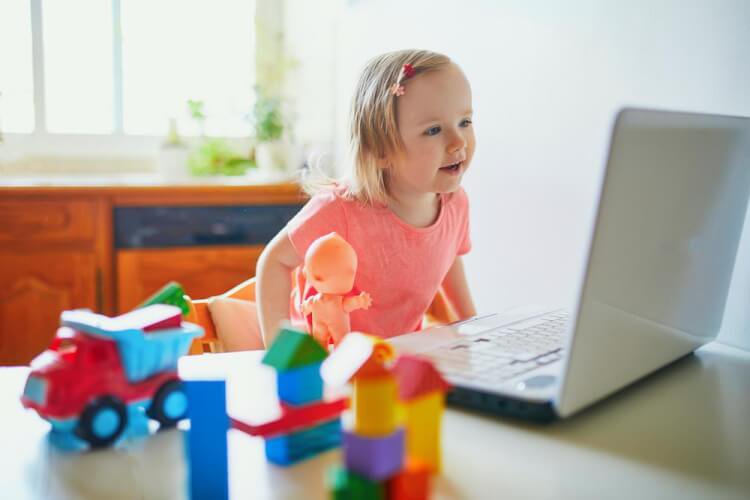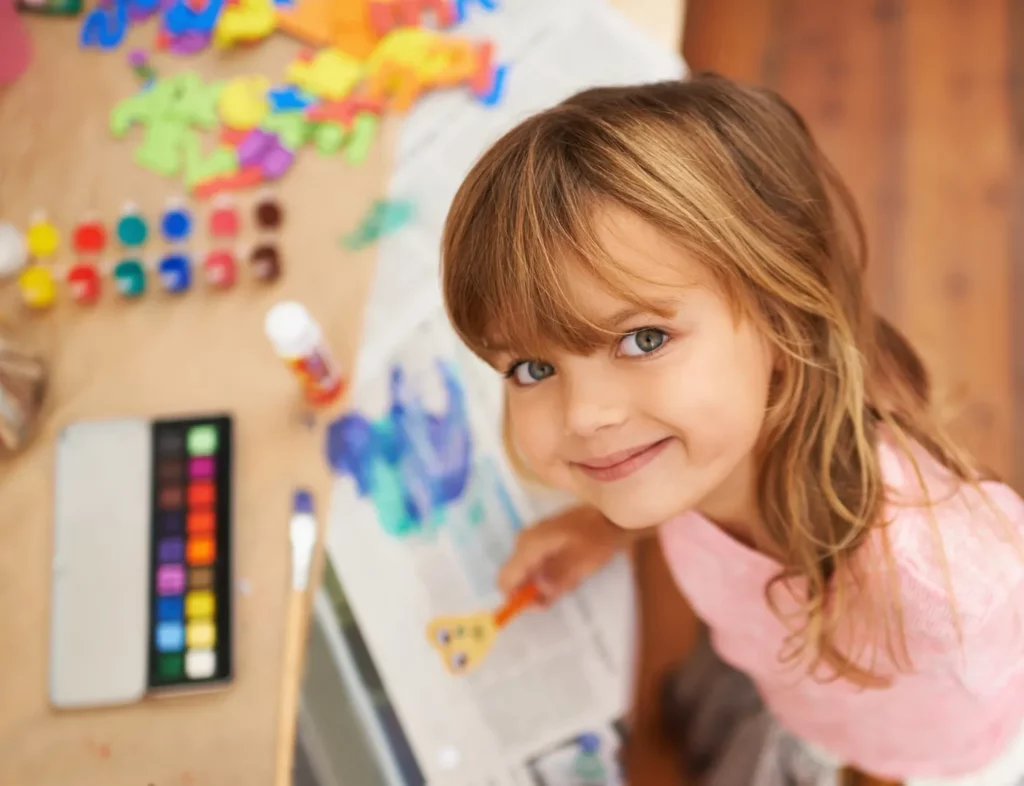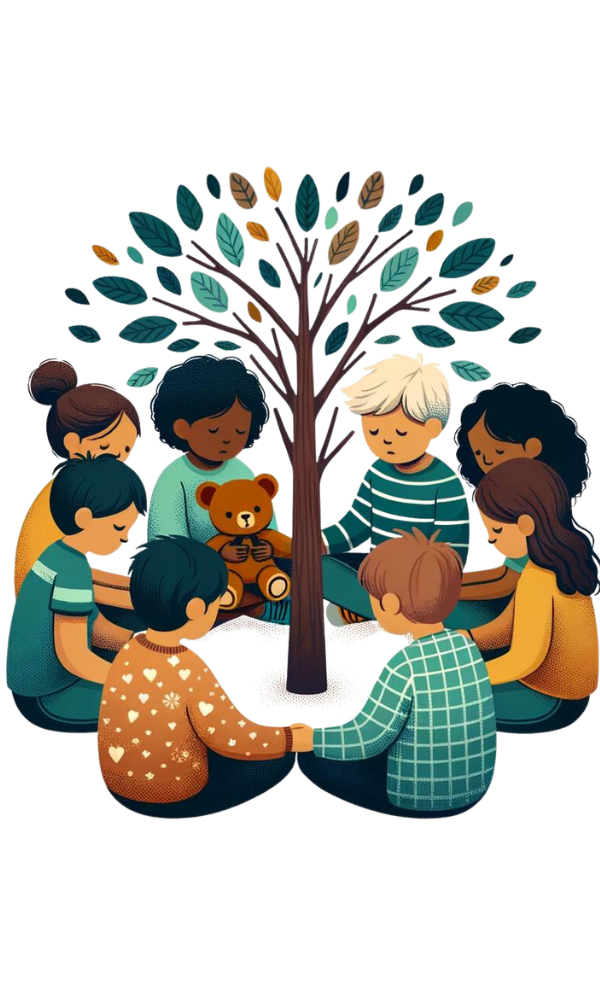Be heard. Feel connected. Know you're supported.
Child Psychotherapy in Port Credit (Mississauga, ON)
Support your child in navigating their emotions during the challenges of parental divorce or while grieving, equipping them with therapeutic tools to cope and thrive Under Play Therapy, the lines are ending prematurely again.



Our approach
Play Therapy 🧸
I believe Play Therapy is the most effective way to support kids through their therapeutic journey.
Play therapy provides a developmentally appropriate way for children to work through their emotional and psychological challenges, while also promoting emotional growth, self-awareness, and the development of healthy coping mechanisms. Play therapy is based on the idea that play is a natural way for children to process their experiences and understand the world around them.
Customized approach
Key aspects and principles of play therapy:
Here are some key aspects and principles of play therapy:
Child-Centered Approach:
Play therapy is often child-centered, meaning that the therapist follows the child's lead rather than imposing a structured, adult-driven agenda. The therapist creates a safe and accepting environment in which the child can freely explore their feelings and thoughts through play.
Various Play Techniques:
Different types of play materials and techniques are used in play therapy, such as toys, art supplies, games, storytelling, and role-playing. These allow children to engage in symbolic play, which can help them express and make sense of their inner world.
Non-Verbal Communication:
Children, especially very young ones, may have difficulty expressing their feelings and experiences through words alone. Play therapy provides a way for them to communicate non-verbally and symbolically, often revealing underlying concerns and conflicts.
Problem Solving and Coping:
Play therapy can help children develop problem-solving skills, build self-esteem, and learn to cope with challenging situations. By playing out scenarios and working through emotions, children can gain a better understanding of how to manage and navigate life's difficulties.
Grief & Loss
Grief is a complex and deeply personal emotion that can affect people of all ages, including children. Children may experience grief in response to various types of losses, such as the death of a loved one, the loss of a pet, or a significant life change like moving to a new place. When children experience grief or loss, it can be challenging for them to process their emotions.
We help kids understand and cope with loss in a way that makes sense to them.
How can I help? 🌙
I provide a safe and supportive environment where kids can talk about their loved one who has passed away, or any other loss they have suffered and share their memories. Grieving is a natural process that takes time, and children may revisit their grief at different stages of development. Every child is unique, and their
grief experience will differ from others’, so the approach may vary based on the child’s age, personality, and the nature of the loss.
With guidance from caregivers surrounding familial beliefs and customs, I use age-appropriate language to explain death and grief to children. I help kids understand that it’s okay to feel sad, angry, confused or anything in between.
Encouraging children to express their grief through art, music, or writing allows them to externalize their emotions in a creative way.
Storytelling about grief and loss can be helpful tools to engage with children. Reading and discussing these stories can open up conversations about their own experiences.

Divorce & Separation
Divorce can be challenging for children for several reasons. While not all children will experience the same effects,
many may face difficulties when their parents separate.
Play Therapy can help children express and process some of the ways divorce can be hard on kids:
Emotional distress: Children often experience a range of negative emotions, including sadness, anger,
confusion, and anxiety, when their parents’ divorce. They may feel like their world is falling apart, and it can be
difficult for them to understand and process these emotions.
Disruption of routine: Divorce often results in changes to a child’s daily routine and living arrangements. This
disruption can be unsettling and lead to feelings of instability and insecurity.
Parental conflict: If the divorce is marked by ongoing conflict between parents, children can become caught in
the middle of disputes. Witnessing their parents arguing or fighting can be emotionally distressing for kids.
Parental conflict: If the divorce is marked by ongoing conflict between parents,
children can become caught in the middle of disputes.
Witnessing their parents arguing or fighting can be emotionally distressing for kids.
Witnessing Domestic Violence is considered an Adverse Childhood Event (ACE),
which can potentially have severe mental health consequences now and in the future.
Loss of family unit: Children may feel a sense of loss or grief for the intact family unit they once had. This loss
can manifest as a deep sadness or a desire for their parents to reconcile.
Adjustment to new living situations: Moving between two households can be challenging for children. They
may need to adapt to different rules, routines, and expectations in each home, which can be confusing and
stressful.
Adjustment to new living situations: Moving between two households can be challenging for children.
They may need to adapt to different rules, routines, and expectations in each home,
which can be confusing and stressful.
Changes in financial stability: Divorce can result in changes to the family’s financial situation, which may affect
a child’s access to resources and activities they were accustomed to.
Loyalty conflicts: Children may feel torn between their parents, especially if one parent tries to involve them
in disputes or tries to win their favor. This can place an emotional burden on the child.
Feelings of blame and guilt: Some children may internalize the divorce, thinking they are to blame for their
parents’ separation. They may believe that if they had behaved better or done something differently, the
divorce wouldn’t have happened.
Feelings of blame and guilt: Some children may internalize the divorce, thinking they are to blame for their parents’ separation. They may believe that if they had behaved better or done something differently,
the divorce wouldn’t have happened.
Reduced time with one parent: In many divorce cases, children spend less time with one of their parents,
which can be particularly hard on the parent-child relationship. They may miss the absent parent and feel a
sense of loss.
School and academic issues: The emotional turmoil caused by divorce can affect a child’s performance in
school, as they may have difficulty concentrating or dealing with added stressors.
FAQ
The most frequent questions I am asked as a child therapist:
Child therapy is a type of therapy that helps children and adolescents cope with a variety of emotional and behavioral challenges. A variety of techniques are used, such as play therapy, art therapy, narrative and talk therapy, to help children express their feelings, develop coping skills, and build resilience. All child therapy sessions are conducted in-person at my office in Mississauga.
Grief and divorce can be very difficult experiences for children. Child therapy can help children to understand and process their emotions, cope with stress and anxiety, and adjust to their new circumstances. Child therapists can also help children to develop healthy coping mechanisms and build resilience.
Child therapy can have a number of benefits for children, including:
- Improved emotional regulation
- Reduced stress and anxiety
- Increased self-esteem and confidence
- Improved communication skills
- Stronger relationships with family and friends
- Better academic performance
- Reduced behavioral problems
Some of the signs that a child may need therapy include:
- Changes in mood or behavior
- Difficulty sleeping or eating
- Problems at school or with friends
- Withdrawal from activities they used to enjoy
- Expressing feelings of sadness, anger, or guilt
- Having difficulty coping with stressful events
Child therapy sessions vary depending on the child’s individual needs and the therapist’s approach. However, most sessions will involve the child talking to the therapist about their thoughts, feelings, and experiences. The therapist may also use play therapy, art therapy, or other techniques to help the child express themselves and develop coping skills.
The length of child therapy varies depending on the child’s individual needs and the severity of their problems. Some children may only need a few sessions, while others may need to see a therapist for several months or even years.